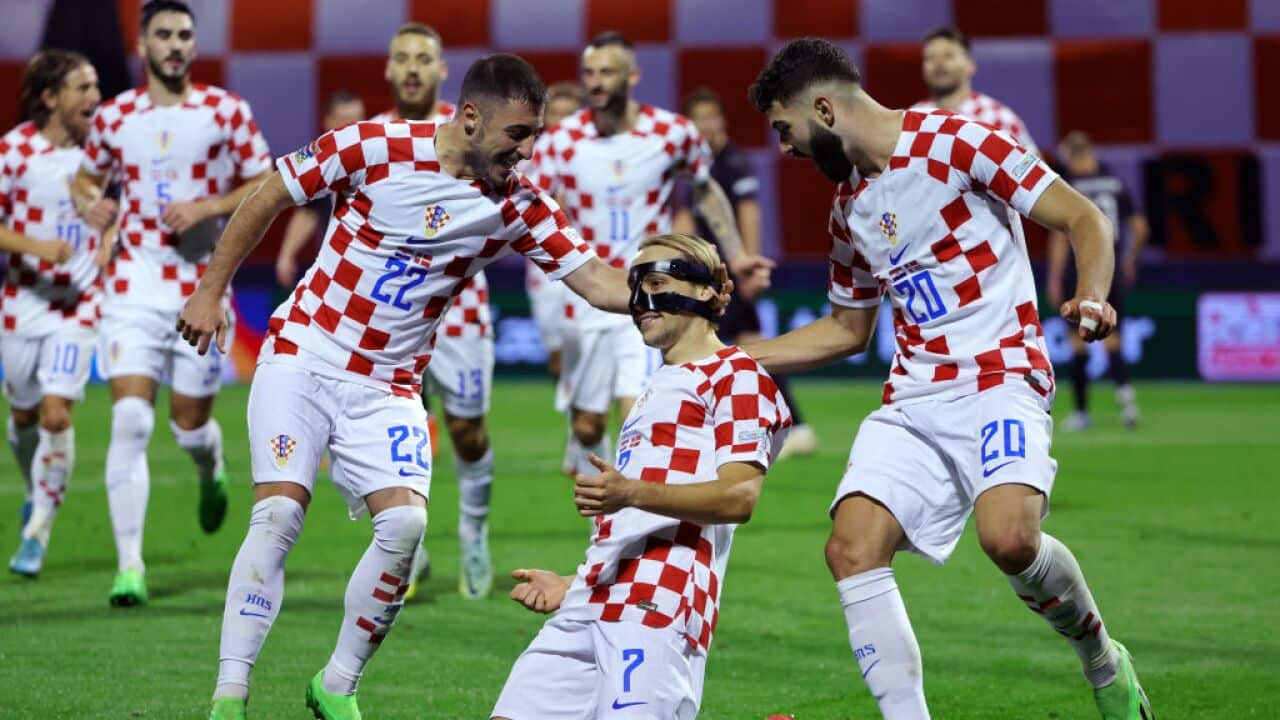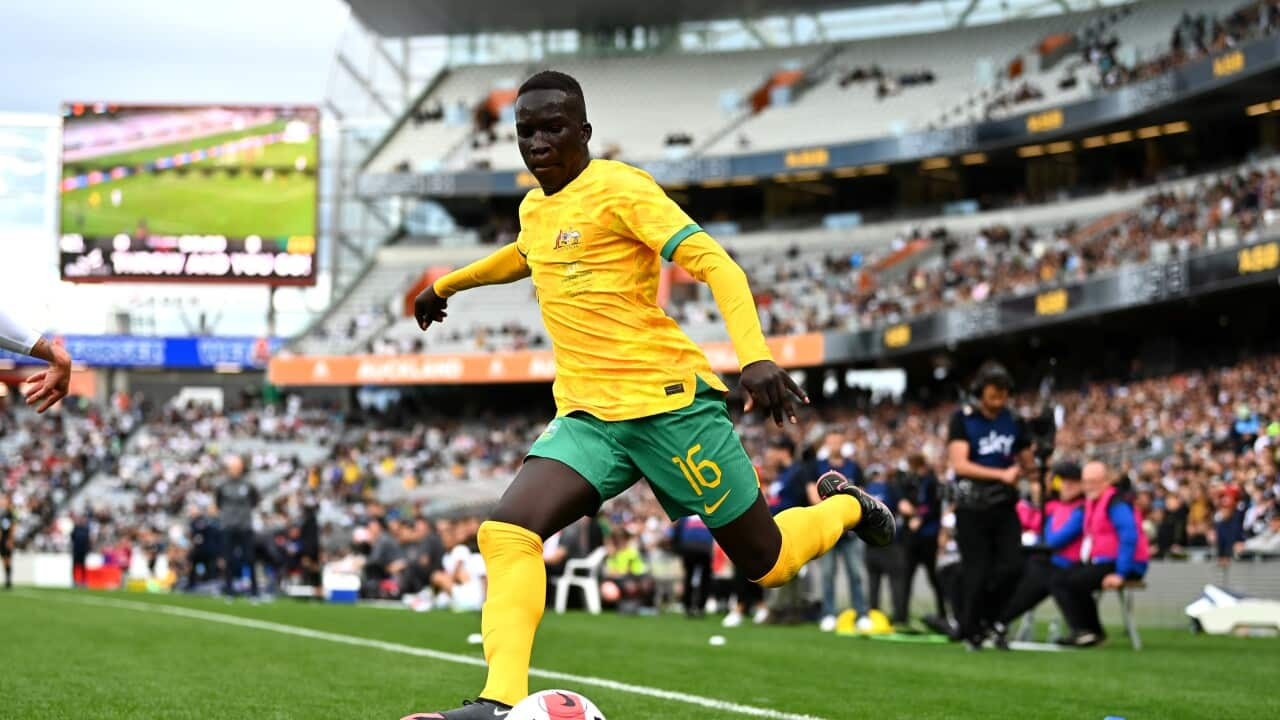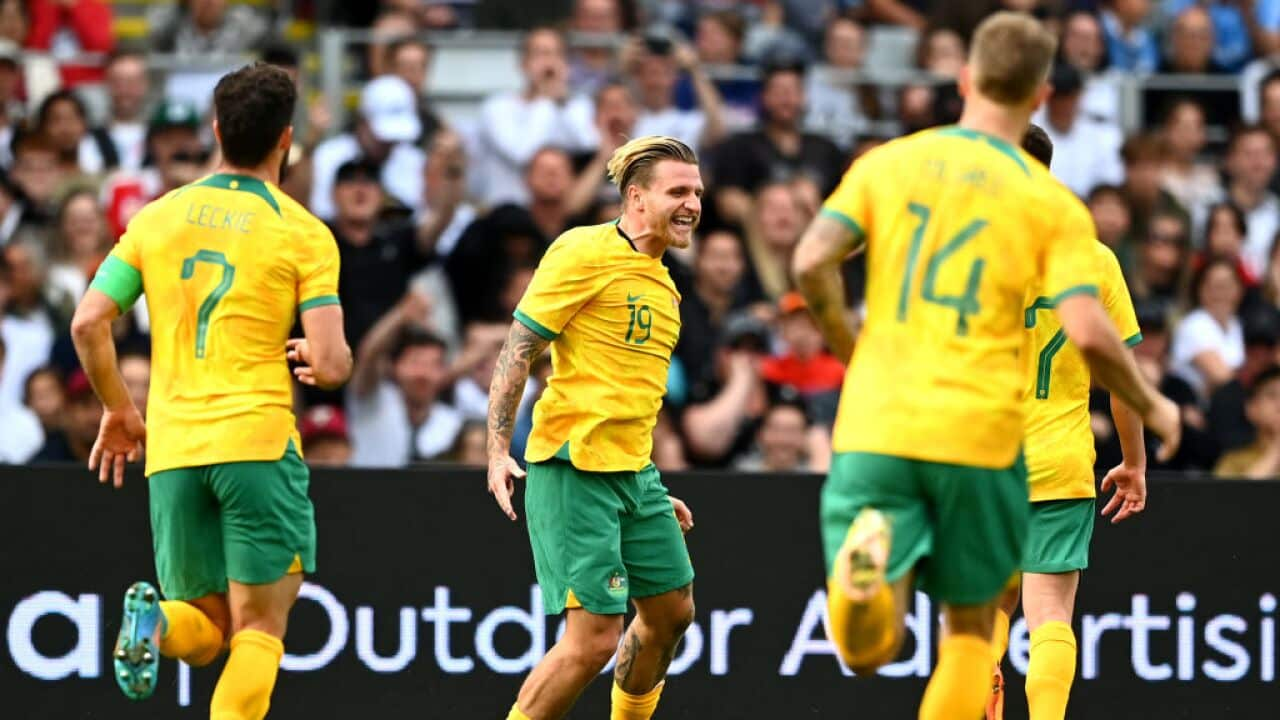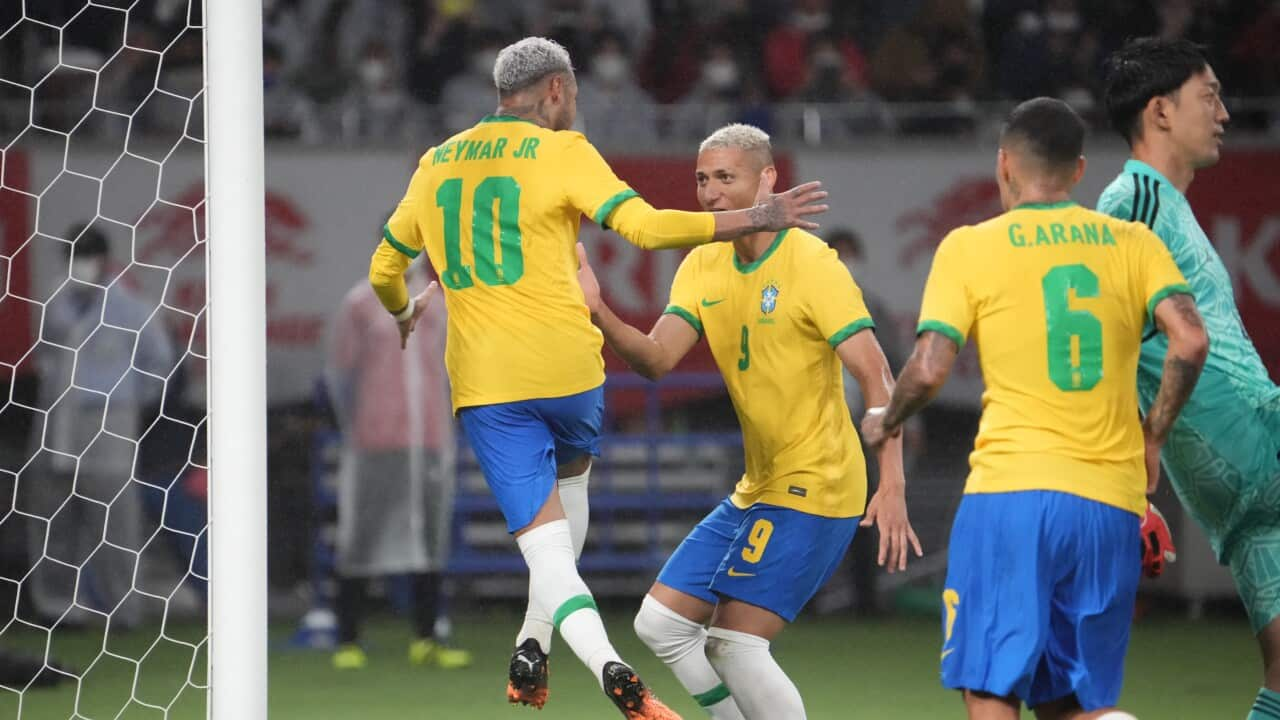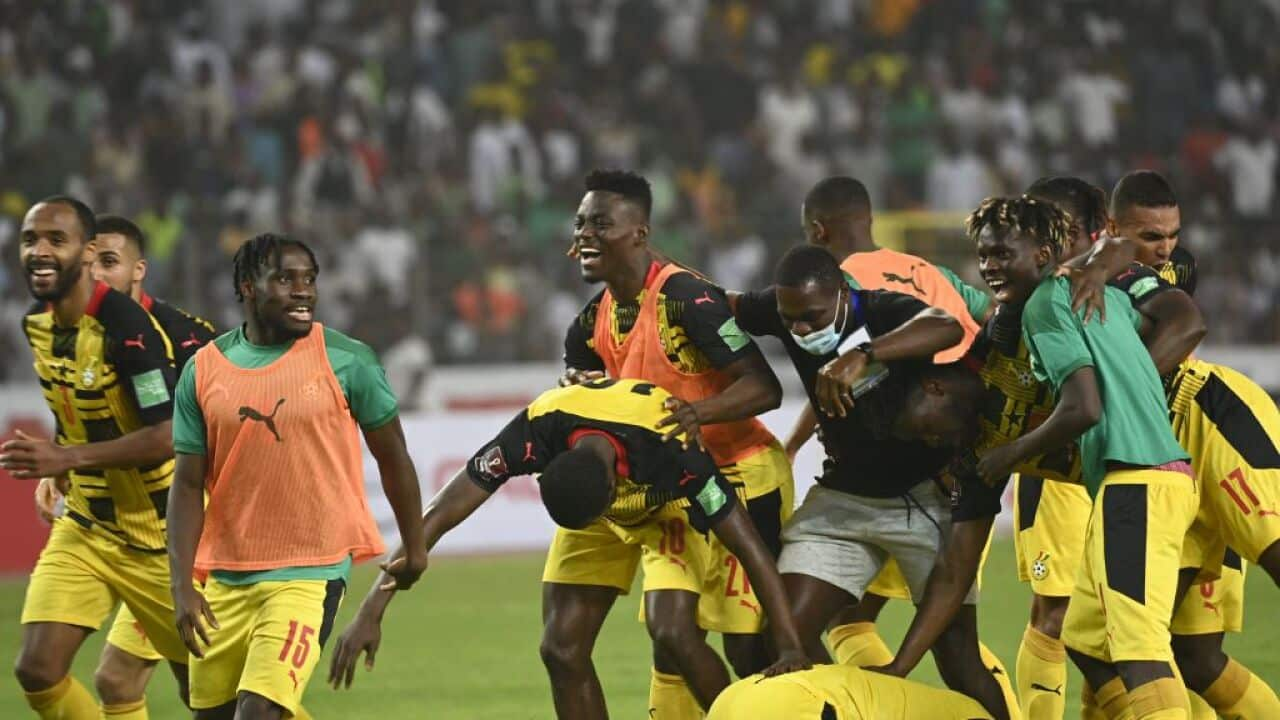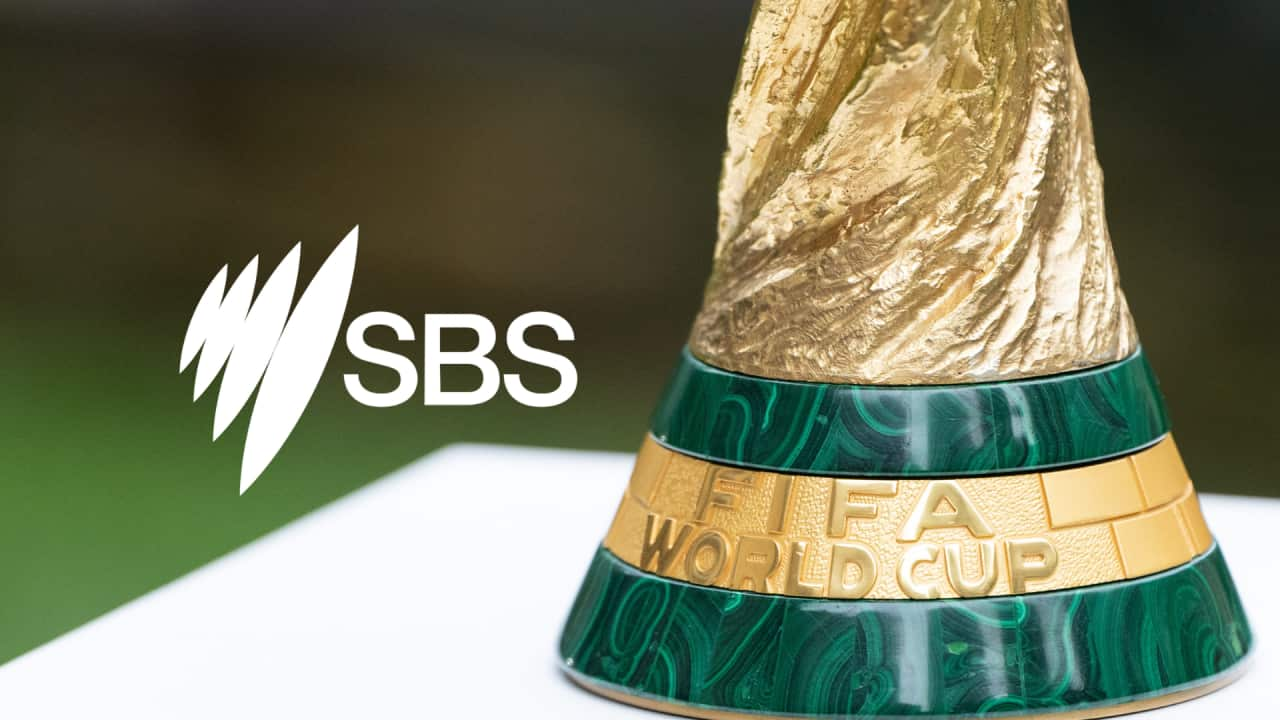The restart of domestic leagues and international football in September 2020 as the world felt the full brunt of COVID-19 lockdowns proved a more challenging time for some national teams more than others.
Croatia closed out the calendar year in 2019 undefeated in six matches and having topped their UEFA Euro qualification group for the first time in 12 years, managing to shake off the humiliation of the previous year’s 6-0 defeat to Spain in their UEFA Nations League group-stage opener.
The 2018 FIFA World Cup finalists, however, did not foresee the eight-month gap between their final match of that year and the start of the 2020-21 Nations League campaign.
What followed was nothing short of abysmal, as they went on to suffer a 4-1 thrashing at the hands of Portugal as well as a repeat of the 4-2 score-line in a World Cup final rematch with France, being two of five losses suffered in that group stage.
Only saved from relegation to the Nations League’s second-tier by goal difference, the Croatians started the delayed 2020 Euros last June with a hot-and-cold showing in the group-stage before going down to Spain once again, this time in an eight-goal thriller in the round of 16 which finished 5-3 after extra-time.
However, the match exposed a quietly lingering issue for the side, being the fifth time since the September 2020 restart that the Croatians had conceded more than three goals in a match.
With pressure mounting on head coach Zlatko Dalić, the Croatian native was forced to look carefully at his squad selection, and specifically, his back-line to get to the bottom of his side’s shortcomings just three years after reaching the World Cup final.
The long-time reliability of centre-back and vice-captain Domagoj Vida was beginning to dwindle, as he was notably responsible for two of three goals conceded in a friendly against Turkey in November 2020.
While ex-Liverpool centre-back Dejan Lovren only started once at the Euros in their final group match against Scotland, the pairing of the two 32-year-olds in the heart of defence would have been considered a questionable choice by many.
Despite the average age of the starting line-up against Spain not being particularly high at 27, raised by Vida and a certain 35-year-old Luka Modric, it was made clear from the defeat that the squad needed a refresh in some capacity – some youth was needed to compliment the experience and poise of Modric, Chelsea star Mateo Kovačić and Celtic right-back Josip Juranović among others.
Upon resuming a World Cup qualification campaign which began with a 1-0 defeat to Slovenia in March 2021, Dalić began introducing more recalled players and national team debutants by September while still prioritising game time for seasoned veterans Ivan Perišić, Andrej Kramarić and Marcelo Brozović, as well as keeping centre-backs Vida and Lovren in the starting XI sporadically over the campaign.
The rest was history, as Croatia comfortably topped their qualifying group and have lost on only one occasion since their Euro 2020 campaign, thanks in part to a host of fresh faces across the team which includes two 24-year-old standouts.
Admirably dubbed the new Luka Modric, Rennes playmaker Lovro Majer made his senior international debut all the way back in 2017 due to his outstanding club form with Lokomotiva in the Croatian first division. However, it was not until November last year and after four seasons with Dinamo Zagreb that he would get another chance in the senior team, but making it count as he nabbed a brace in just his third senior appearance during a 7-0 win over Malta.
Equipped with a face guard channelling the masked crusader, ‘Zorro’ Majer put on a match-winning display in the Nations League last Thursday, coming off the bench to score the winner against Denmark with 10 minutes remaining in what he described as “one of the best I've scored in my career”.
The stellar performances of the technically-gifted Majer in the national team and in Ligue 1 have reportedly garnered transfer interest from Premier League club Arsenal, who may be looking to bolster their midfield stocks in the January transfer window.
Borna Sosa of VfB Stuttgart has also been a stand-out since making his starting debut against Russia during a September World Cup qualifier last year, with his sharp defensive instincts and creative flair earning a place as the more recently preferred left-back over Euro 2020 starter Joško Gvardiol. Sosa even bagged his first international goal in the same 2–1 victory over Denmark in the Nations League on September 22.
Dalić has slowly introduced more young debutantes who have been top performers at club level into the national side over the past 12 months, including defenders Josip Stanišić (Bayern Munich) and Josip Šutalo (Dinamo Zagreb), Eintracht Frankfurt holding midfielder Kristijan Jakić and 20-year-old Luka Sučić, who netted eight goals across 28 league appearances last season with Red Bull Salzburg.
These new additions have not only added further depth to the Croatian squad, who are already stacked full of trusty veteran players, but some have even challenged the regular starters for a place in the side, adding a level of competitiveness for starting positions that has arguably elevated the Croatians to their outstanding form of recent matches.
